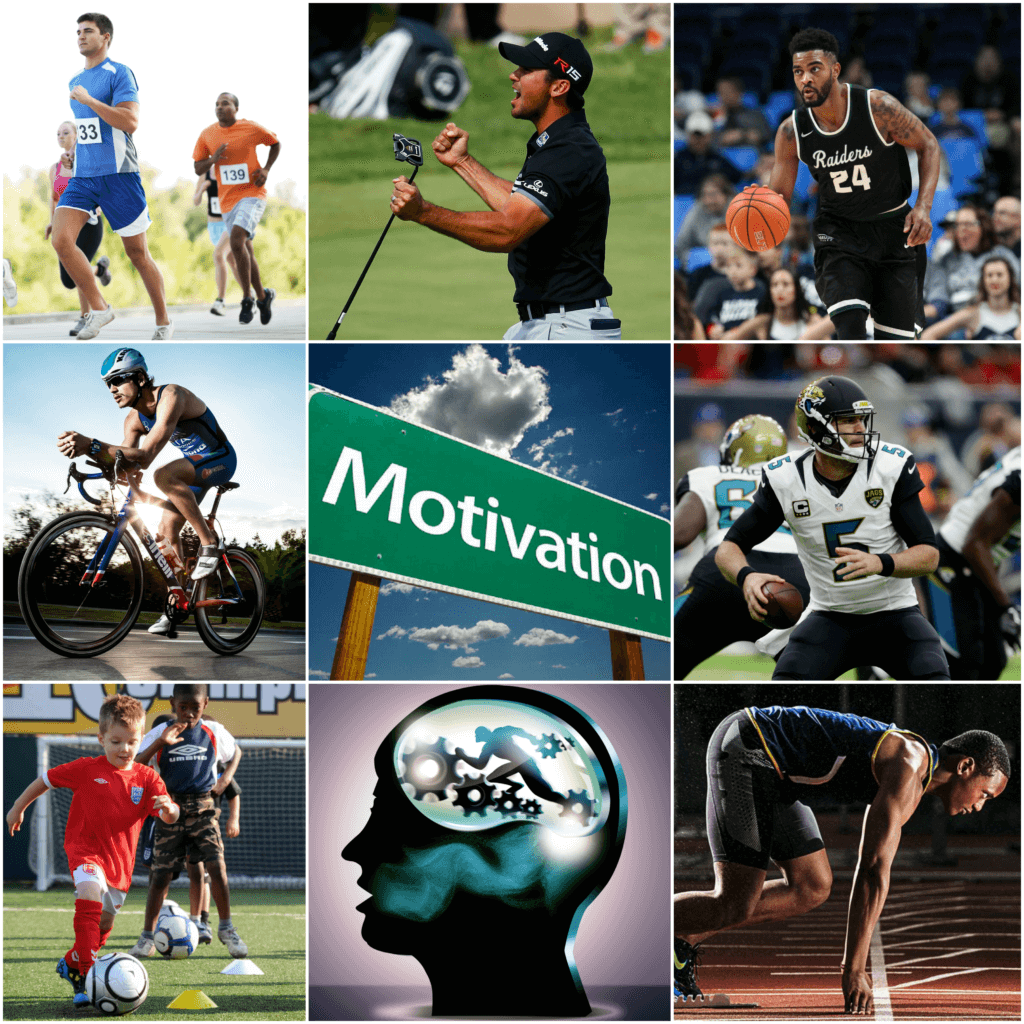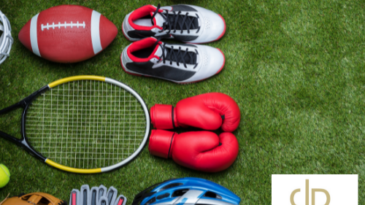- HOME
- PSYCHOLOGICAL SERVICES
- ONLINE COURSES
- Our Partnership Begins When You Purchase an Online Course
- Get to Know Dr. D’Arienzo, Relationship Expert
- Florida Premarital Preparation Online Course
- Georgia Premarital Education Online Course
- TwogetherinTexas Premarital Online Course
- Tennessee Premarital Preparation Online Course
- Minnesota Premarital Education Course Online
- Oklahoma Premarital Counseling Online Course
- South Carolina Premarital Preparation Course
- West Virginia Premarital Education Course
- Online Marriage and Relationship Tune Up Course
- Florida DCF Certified Parent Education and Family Stabilization Online Course
- Georgia Qualified Parent Education and Family Stabilization Online Course
- Texas Qualified Parent Education and Family Stabilization Online Course
- High Conflict Co-Parenting Online Certificate Course (8 Hours)
- Online Anger Management Four Hour Course (Level 1)
- Online Anger Management Eight Hour Course (Level 2)
- Sexual Harassment Online Training
- BUSINESS & PERFORMANCE PSYCHOLOGY
- CLINICAL, COUPLES, & FAMILIES
- ADHD Treatment & Evaluation Services
- Anger Management
- Anxiety Treatment & Evaluation Services
- Borderline Personality Treatment Services
- Cognitive Behavioral Therapy (CBT) Self-Help
- Couples Counseling and Marital Therapy
- Consent for Psychological Services for Minors Post-Divorce
- Depression Treatment Services
- Infidelity Recovery
- Jacksonville Counseling and Psychology
- Military Psychology & Tricare
- Narcissistic Personality Treatment Services
- Online Counseling
- Psychoeducational Testing
- Psychological Testing and Assessment
- Psychotherapy & Counseling
- FORENSIC PSYCHOLOGY & EXPERT TESTIMONY
- LIFE COACHING & EXECUTIVE COACHING
- MMPI TESTING & ASSESSMENT FOR SECURITY AND LEO
- CPI Police and Public Safety Assessment
- G License Psychological Testing
- Online Psychological Testing for Armed Security Guards and Personal Protection Officers
- MMPI Texas Level III CSO and IV PPO Psychological (ONLINE)
- Requirement for Texas Security License Applicants: MMPI Evaluation
- Level 3 Security Guard New Mexico Online MMPI Psychological Evaluation
- PSYCHOLOGICAL PUBLIC DISABILITY QUESTIONNAIRES (DBQ)
- ONLINE COURSES
- TEAM
- D’Arienzo Psychological Group Overview
- Dr. Justin D’Arienzo, Psy.D., ABPP
- Mario Decunto, LMHC
- Dr. Amy Hartley, Ph.D.
- Dr. Erica Janson, Psy.D.
- Alan Lipzin, LMHC
- Cynthia Salameh, Esquire
- Wendy Monger, Tutoring Specialist and Academic Coach
- Dr. Michael Nackashi, Psy.D., Clinical Psychologist
- Joseph Zichi, LCSW
- Mack, Roman and Roxy D’Arienzo
- MERCH & SOCIAL MEDIA
- BOOKS
- APPT REQUEST
Sport and Performance Psychology

Welcome to our Sport and Performance Psychology Page. Whether you are a professional, college, or high school athlete, executive, or other professional who wants to improve your psychological health to boost your performance, one of our psychologists or psychotherapists can help. We typically help people manage competition nerves, interpersonal challenges with teammates, coaches and coworkers, panic attacks, staying in the zone, controlling their thoughts, thinking on your feet, and thus tweaking performance.
Sport psychology is a psychological specialty that applies psychological science, principals and skills to improve athletic performance and well-being, developmental and social aspects of sports participation, and systemic issues associated with sport environments and organizations. Performance psychology is similar but applies to high performance work setting.
If you work with one of our sports psychologists or psychotherapists at D’Arienzo Psychology, they will assist you with the following Foundational Skills as well as with Preparatory Skills, Performance Skills, and Post-Performance Skills.
PSYCHOLOGICAL FITNESS: Performance Psychology
Performance Psychology Foundational Skills
- General psychological functioning is primary. Enhancing performance is secondary.
- One must understand and actively embrace the link between mental skills and performance: Thoughts, emotions and behaviors impact performance.
- Acquire the skills to move from reaction to response.
- Maintain Adequate Self-Care: Balanced diet, exercise routine, and sleep (8 hours).
- Possessing the Right Attitude:
- Attitude is a choice.
- There are no guarantees you will win, but you will perform better if your attitude is right. That is a guarantee.
- Maintain an internal locus of control. Performance is your responsibility.
- View competition as an opportunity.
- Pursue excellence.
- Possess respect for the institution.
- Motivation and Commitment:
- Possess a realistic awareness of the rewards, benefits, and costs.
- Persist through difficult times/Grit.
- Appreciate benefits of participation over outcome.
- Find greater purpose.
- Short and Long-Term Goals:
- Incremental and massive.
- Write goals down daily.
- Interpersonal Skills:
- Emotional Intelligence.
- Employ conflict and relationship management with team, staff, opponents, community, and media.
- Self-Awareness and Opportunity Radar:
- Narrow the difference between real self and idealized self.
- Minimize blind-spots.
- Develop true assessment of strengths and weaknesses and potential opportunities.
- Stable Home Life:
- Choose supportive relationships and maintain and honor them.
- Resolve problems at home and in personal life so focus can be on performance.
Blog Posts About Sports Psychology
Positive Psychology
Positive Psychology Check out Dr. D’Arienzo’s TikTok and Instagram and Youtube Shorts for more helpful relati...
View moreSports Psychologist Jacksonville, Florida
Sports Psychologist Jacksonville, Florida It was an honor to be part of this article, and to talk about JAX JAG's C...
View moreTeaching Young Adults about Success and Failure
Author:Jenny Lehman, LCSW, is a psychotherapist with D’Arienzo Psychological Group, a Psychology Practice treating ch...
View moreThe Psychology of Young and Wealthy Athletes
The Psychology of Young and Wealthy Athletes Yesterday (6/7/2012) I was a guest on Fox 30 Action News in Jacksonville, ...
View moreThe Effects of Relationship Problems On Work Performance
The Effects of Relationship Problems On Work Performance The Effects of Relationship Problems was written by future In...
View more









